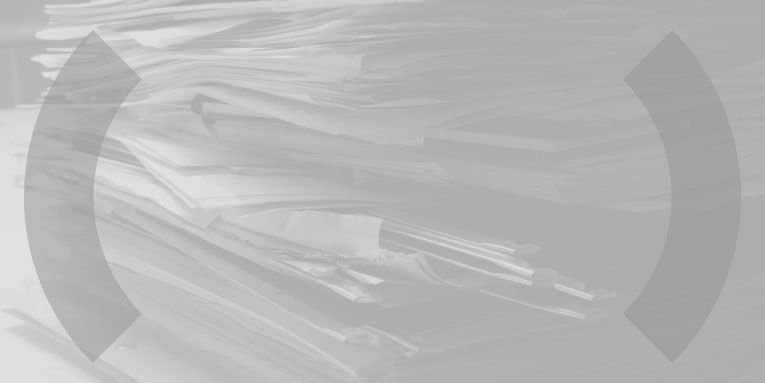“Unnatural Offences”: Obstacles to Justice in India Based on Sexual Orientation and Gender Identity
(report)
Download PDF
The International Commission of Jurists (ICJ) has published a report on how in contemporary India enforcement of the law by the police and the country’s justice system fails queer people and is in sharp contrast with India’s obligations under international human rights law.
This report is based on a study of how queer people in India experience the country’s laws and engage with the justice system. Chapter II describes how people in India are criminalized based on their real or imputed sexual orientation and gender identity. Beyond focussing on laws that criminalize queer people, the chapter also looks at laws that regulate legal gender recognition. Section 377 of the IPC and some broad and vaguely worded laws, such as those that criminalize sex work and begging, allow law enforcement officials to persecute people, including through spurious criminal charges and prosecutions, based on their real or imputed sexual orientation and gender identity. Meanwhile, even as legal gender recognition has attained constitutional protection through case law, this Chapter outlines the ICJ’s concerns about the implementation of the law. While provisions for the rights of transgender people are being made, a range of difficulties continue to affect their enjoyment.
Chapter III focusses on harassment, violence and abuse against queer people at the hands of the police, the concomitant lack of accountability, as well as the refusal of the police to file, let alone investigate, abuse complaints brought by queer people. It also describes how human rights violations committed by the police against queer communities – and police behaviour more generally – has a profoundly detrimental effect on the ability and willngness of queer persons to resort to legal avenues to obtain justice and redress for the range of human rights abuses they experience.
Chapter IV describes queer persons’ experiences with lawyers and courts. It also outlines the challenges faced by lawyers assisting and representing queer individuals. It discusses the importance of a network of lawyers able and willing to represent queer persons, legal aid, and the power of courts.
Chapter V outlines India’s international legal obligations in this regard, and analyses the degree to which they have been met.
In this report, the ICJ offers recommendations to the Indian authorities with a view to ending discrimination and violence on the basis of sexual orientation and gender identity, and bringing India in line with its obligations under international human rights law.



